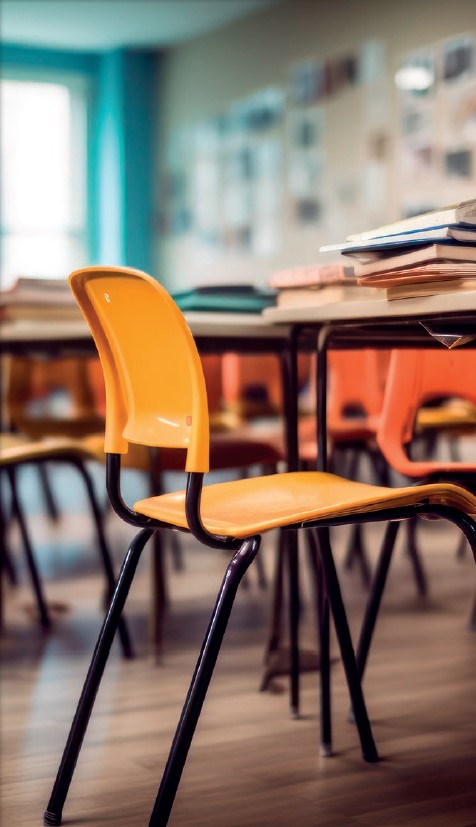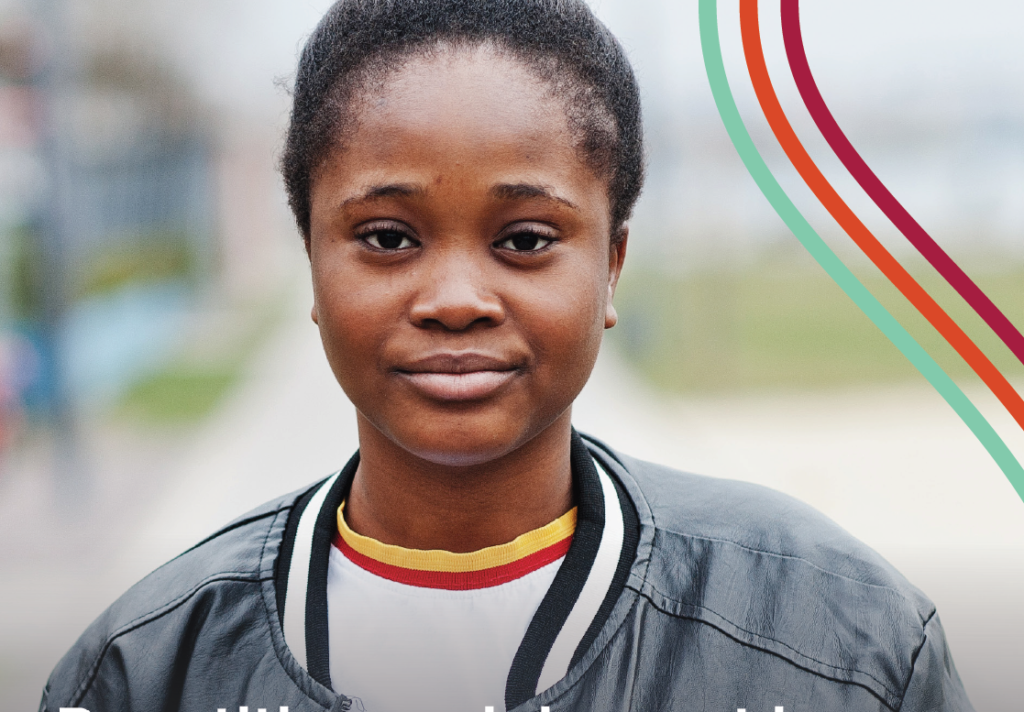This study investigates whether the quality of school-based assessment (SBA) influences matriculation performance in Mathematics within quintile 1 to 3 schools in Limpopo, South Africa. It builds on previous literature that identified poor schools in Limpopo excelling in Mathematics achievement at the matriculation level.
This study investigates whether the quality of school-based assessment (SBA) influences matriculation performance in Mathematics within quintile 1 to 3 schools in Limpopo, South Africa. It builds on previous literature that identified poor schools in Limpopo excelling in Mathematics achievement at the matriculation level.
This study investigates whether the quality of school-based assessment (SBA) influences matriculation performance in Mathematics within quintile 1 to 3 schools in Limpopo, South Africa. It builds on previous literature that identified poor schools in Limpopo excelling in Mathematics achievement at the matriculation level.
For most South African learners, the destination language of instruction (typically English) is not their mother tongue; thus, proficiency in English is necessary for educational success. However, research has shown that development of linguistic skills is more effective in the mother tongue, and that these skills can be transferred to a second language (especially when high levels of proficiency are reached in the first language).
The 2023 Back-on-Track (BoT) programme, launched by the Western Cape Education Department (WCED), aimed to address significant learning deficits caused by the COVID-19 pandemic over a period of three years. This R1.2 billion initiative targeted improvements in mathematics and language through interventions for learners and teachers in grades 4, 7, and 8. Using Systemic Tests and School-Based Assessments (SBAs), this evaluation assesses the programme’s impact on grade 4 and grade 7 learners.






